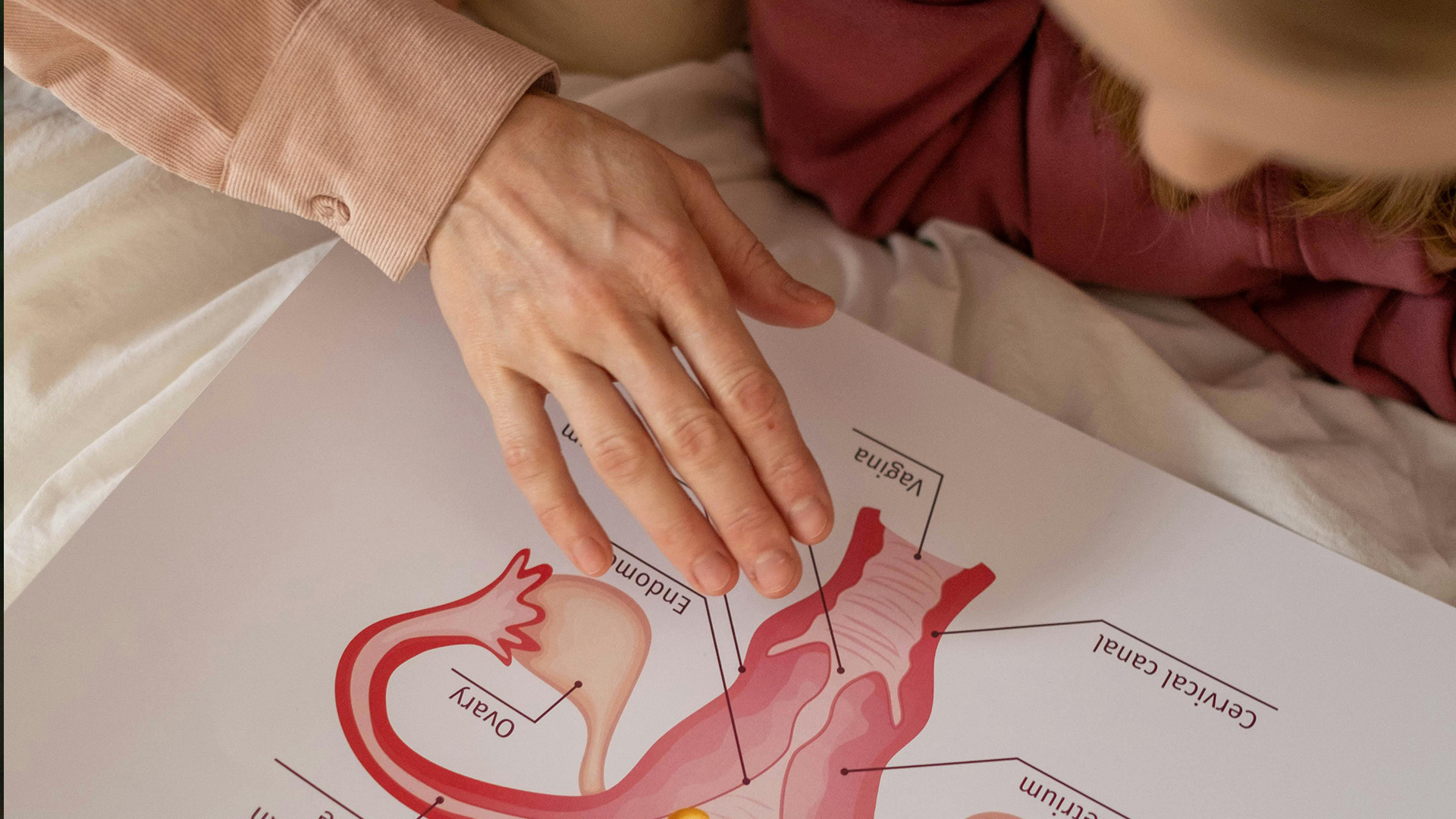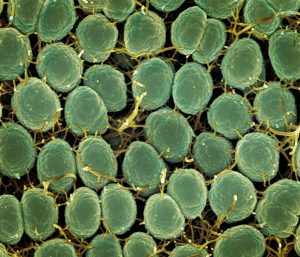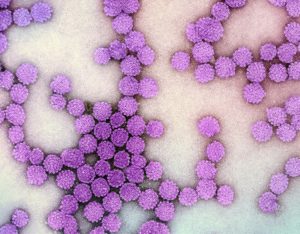Teens need to learn about sexually transmitted diseases (STDs) to stay safe and healthy. This article will explain what STDs are and how teenagers can prevent them. It is important to know about STD prevention for teens.
Sexually Transmitted Diseases
Teenagers and STDs are a serious topic. Many teens do not know much about STDs. Here are some facts:
- What Are STDs? STDs are infections that spread through intimate contact. They include diseases like chlamydia, gonorrhea, syphilis, and HIV.
- How Do STDs Spread? STDs spread through contact with infected body fluids. This can happen during sex, but some can also spread through kissing or touching.
- Why Are Teens at Risk? Teens are at higher risk because they might not use protection or know how to protect themselves.
STD Prevention for Teens
Learning about STD prevention for teens can help keep teens safe. Here are some tips:
- Use Protection: Always use condoms during sex. Condoms are the best way to prevent STDs.
- Get Tested: Regular testing is important. Teens should get tested if they are sexually active.
- Limit Partners: Having fewer partners reduces the risk of getting an STD.
- Talk Openly: Teens should talk to their partners about STDs and how to stay safe.
- Get Vaccinated: Vaccines can protect against some STDs, like HPV.
Popular Medications for STDs
Here are some medications that can help treat STDs:
- Azithromycin: This medicine treats chlamydia and other infections.
- Ceftriaxone: Used for treating gonorrhea.
- Penicillin: Effective for treating syphilis.
- Antiretroviral Drugs: These drugs help manage HIV.
- Acyclovir: Used to treat genital herpes.
Educating teenagers about sexually transmitted diseases is crucial for their health. By using protection, getting tested, limiting partners, talking openly, and getting vaccinated, teens can stay safe from STDs. Parents and teachers should also help teens learn about these important topics.
Parents, schools, and healthcare providers must work together to educate teens about sexually transmitted diseases. Providing accurate information and encouraging open conversations can help teens make informed decisions about their health. By focusing on prevention strategies, we can help reduce the spread of STDs among teenagers.
FAQs
- Why is it important for teens to learn about STDs?
It helps them stay safe and make informed choices about their health. - How can teens protect themselves from STDs?
Using condoms, getting tested, and limiting partners are key ways to prevent STDs. - What should teens do if they think they have an STD?
They should see a doctor and get tested as soon as possible. - Can vaccines help prevent STDs?
Yes, vaccines like the HPV vaccine can help protect against certain STDs. - How can parents talk to their teens about STDs?
Parents should use simple language, be honest, and provide accurate information.



